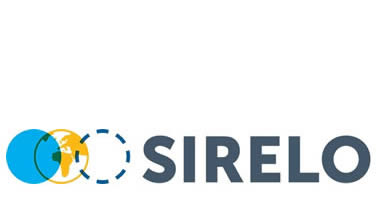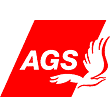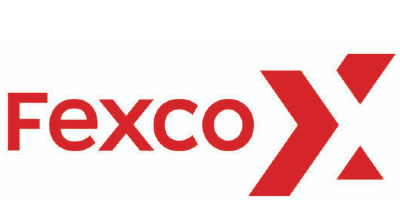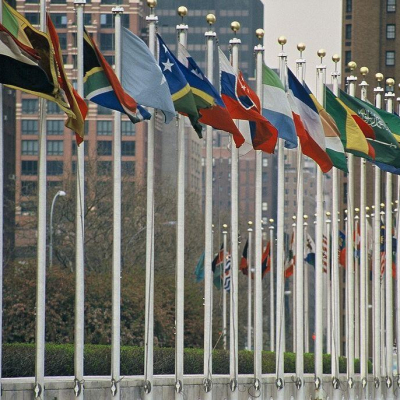Employment Licenses

Note: Employment License regulations are expected to change in the coming year(s) as the EU Blue Card system is implemented in Malta. As of this writing, the EU Blue Card system is not yet in effect in Malta.
EEA/Swiss Nationals
EEA and Swiss nationals have employment rights in Malta and do not require an Employment License (formerly known as a work permit) to work in Malta. Non-EU nationals married to EEA/Swiss nationals, and EEA/Swiss nationals’ dependents, also do not require an Employment License to work in Malta.
Non-EEA/Swiss Nationals
(Also known as Third Country Nationals or TNC’s)
Non-EEA/Swiss nationals must obtain an Employment License to work in Malta.
Employment Licenses must be applied for by the employer, not the employee, and are obtained from the Employment & Training Corporation (ETC). The head office of the ETC is located in Hal Far, on Hal Far Road, and is open 745hrs/7:45am to 1200hrs/12:00pm, and 1330hrs/1:30pm to 1500hrs/3:00pm Monday to Friday.
Employment Licenses are issued to employers wishing to employ non-EEA/Swiss nationals. Such licenses are only granted after it has been proved that every effort has been made to first hire an EEA/Swiss/Maltese citizen. Employers do not have to provide proof of searching for an EEA/Swiss/Maltese candidate in the case of cultural and entertainment sectors.
Successful Employment License applicants must have a job offer from an employer in Malta. They must also be in possession of a specialist skill or qualification which is lacking in other EEA/Swiss candidates, and a significant demand must exist in the sector in which they are being employed (e.g. qualified nurses, multi-lingual tourism workers).
Employment licenses are issued for a maximum period of one year and are renewable on an annual basis. Renewal applications must be submitted at least 8 weeks prior to license expiration.
Employment licenses are non-transferable between employers/employers and employers/employees/employees.
Application Process
The employer fills in an application form along with the following documentation, which is submitted to ETC for approval:
- Application form
- Curriculum vitae (CV)
- Position description
- References/testimonials
- One passport photo
- Copy of travel document
- Copy of valid visa (if non-EU national is in Malta at time of application)
- Copy of qualification certificates and accreditation/recognition
- Cover letter by employer indicating site of work
- Application fee (€58- €150)
- Evidence of search for EEA/Swiss/Maltese nationals
The employer may also be asked to provide (on a case by case basis):
- A valid police certificate, in the case of refugees and asylum seekers
- Valid certificate issued by the Refugee Commissioner, in the case of refugees and asylum seekers
- Proof of long-term residence status or relation to a long-term resident
- Evidence from a medical specialist in the case of a home-based foreign carer
- A signed & attested power of attorney when a person applies/withdraws an application on behalf of another
- Birth certificates of children, if not born in Malta, if the application is for a nanny/au pair
- Proof of relationship to diplomat, if application is for a family member of a diplomat
- Approval of regulatory body in the case of those applying to perform a regulated position
- Health clearance form for non-EU nationals already in Malta
- Proof of study in Malta, in the case of students
- Proof of relationship with EEA/Swiss/Maltese national in the case of dependents
When the application is received, the ETC’s Employment Licensing Unit processes the application and related documentation. The application is then considered from a labour market perspective. This means that the national situation in respect to surpluses and shortages is considered. The employer’s history and situation in terms of recruitment and redundancy patterns, business investments, and contractual commitments is also considered. Finally, the prospective employee’s skill level, relevant experience, and overall suitability for the position in question are taken into account.
The applicant is informed of rejection or acceptance as soon as possible. If the application is rejected, a rejection letter is sent within fifteen working days.
If the application is accepted, health and immigration authorities are then asked for clearance. Upon approval by these bodies and the ETC, an Employment License is issued to the employer.
Applications are considered more favourably when employers indicate in their application that the wage to be granted reflects the average wage in the relevant occupation or sector.
Health Clearance & Insurance
Non-EU nationals coming from High Risk Tuberculosis countries must have health clearance for a successful Employment License to be obtained. Clearance is obtained from the Qormi Health Center.
In the case of non-EU nationals not residing in Malta at the time of application, health clearance must be obtained within three months of arriving in Malta. If clearance is not provided, the Employment License will be revoked.
The employer must also take out full health insurance for the duration of the employee’s contract. Receipt of this insurance must be provided to the ETC within three months of the commencement of the position, failing which the license will be revoked.
Renewal
Employment License renewal applications must be submitted with proof of payment of national insurance and income tax. Evidence for the ongoing need of the position is also required. A cover letter is required, but applicants do not need to resubmit a CV or proof of qualifications. Renewal applications are considered from a labour market perspective.
When approved licenses are collected (four weeks prior to the expiration of the original license) the old license must be presented and returned at the same time.
Self-Employment
EEA/Swiss Nationals
EEA/Swiss nationals may be self-employed in Malta without the need for an Employment License.
To start a self-employed activity, you must register with the Employment and Training Corporation (ETC) by sending an engagement form for both the employer and his/her employees. These forms can be obtained from the ETC offices or downloaded from the ETC website.
You must also register with the Inland Revenue Department as self-employed through its customer office or through its website. You must also register with the Value Added Tax Department personally or through its website.
Finally, you must apply for a Trade License with the Trade Department. If the business involves import or export, an Import or Export license is required as well.
Non-EEA/Swiss Nationals
Non-EEA/Swiss nationals require an Employment License to work as a self-employed individual in Malta. These licenses are only granted to non-EEA/Swiss nationals under exceptional circumstances. Applicants must meet one of the following criteria:
- Invest in Malta capital expenditure of at least €100,000
- Be a highly skilled innovator with a sound business plan
- Be a sole representative of an overseas company wishing to open a branch in Malta
Students are not granted licenses to take up self-employment.
By Jess Gerrow, who traded city life in Canada for island life in the Mediterranean two years ago. She is a postgraduate marketing student, blogger, and freelance writer.
- My Life Abroad -
A selection of expat stories

"A fun compulsive read!"
J. Matcham, Amazon
"I strongly advise people ready to live abroad to read this book!"
Patrice, Amazon

 Entrepreneurship for the Trailing Spouse
Entrepreneurship for the Trailing Spouse
 AGS Worldwide Movers
AGS Worldwide Movers Fexco payment solutions
Fexco payment solutions 1stMove Car Shipping
1stMove Car Shipping Embassies and Consulates in Malta
Embassies and Consulates in Malta